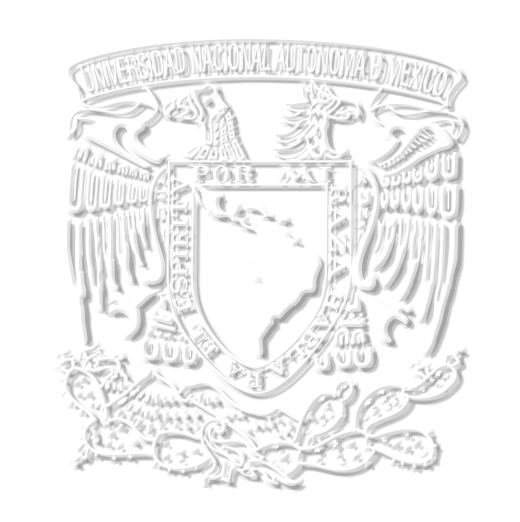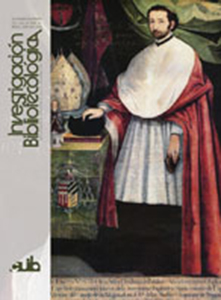Abstract
Los estudios doctorales son los que conducen al grado académico más alto y dada su importancia son regulados por diferentes normativas. Por ello es importante conocer la evolución de la producción investigadora de los departamentos que otorgan dicho grado. En este estudio se analiza el caso del Departamento de Biblioteconomía y Documentación (ByD) de la Universidad Carlos III de Madrid (UC3M) a través de las 46 tesis doctorales defendidas durante los cursos 1996-1997 y 2005-2006. Su objetivo es conocer la evolución de la producción de tesis, la colaboración del Departamento con otras instituciones, el perfil actual de los autores, así como las fuentes y autores más citados en las tesis. Para ello se ha utilizado una metodología basada en técnicas bibliométricas, a fin de estudiar las 16,208 referencias utilizadas en las tesis. Se ha distribuido un cuestionario a los autores de las tesis para conocer su perfil actual. Entre los resultados se observa una media de 352 referencias por tesis, con preferencia a revistas y sobre temas relacionados con bibliometría y estudios de usuarios. En cuanto a la actividad actual de los autores de las tesis, cabe señalar que principalmente se encuentran en ambientes académicos y continúan investigando en su tema de tesis. Con respecto al consumo de información actual, se encontró similitud con la utilizada en las tesis.Authors:
- They must sent the publication authorization letter to Investigación Bibliotecológica: archivonomía, bibliotecología e información.
- They can share the submission with the scientific community in the following ways:
- As teaching support material
- As the basis for lectures in academic conferences
- Self-archiving in academic repositories.
- Dissemination in academic networks.
- Posting to author’s blogs and personal websites
These allowances shall remain in effect as long as the conditions of use of the contents of the journal are duly observed pursuant to the Creative Commons:Attribution-NonCommercial-NoDerivatives 4.0 license that it holds. DOI links for download the full text of published papers are provided for the last three uses.
Self-archiving policy
For self-archiving, authors must comply with the following
a) Acknowledge the copyright held by the journal Investigación Bibliotecológica: archivonomía, bibliotecología e información.
b) Establish a link to the original version of the paper on the journal page, using, for example, the DOI.
c) Disseminate the final version published in the journal.
Licensing of contents
The journal Investigación Bibliotecológica: archivonomía, bibliotecología e información allows access and use of its contents pursuant to the Creative Commons license: Attribution- Non-commercial-NoDerivatives 4.0.

Investigación Bibliotecológica: archivonomía, bibliotecología e información by Universidad Nacional Autónoma de México is licensed under a Creative Commons Attribution-NonCommercial-NoDerivatives 4.0 Internacional License.
Creado a partir de la obra en http://rev-ib.unam.mx/ib.
This means that contents can only be read and shared as long as the authorship of the work is acknowledged and cited. The work shall not be exploited for commercial ends nor shall it been modified.
Limitation of liability
The journal is not liable for academic fraud or plagiarism committed by authors, nor for the intellectual criteria they employ. Similarly, the journal shall not be liable for the services offered through third party hyperlinks contained in papers submitted by authors.
In support of this position, the journal provides the Author’s Duties notice at the following link: Responsibilities of authors.
The director or editor of the journal shall notify authors in the event it migrates the contents of the journal’s official website to a distinct IP or domain.







